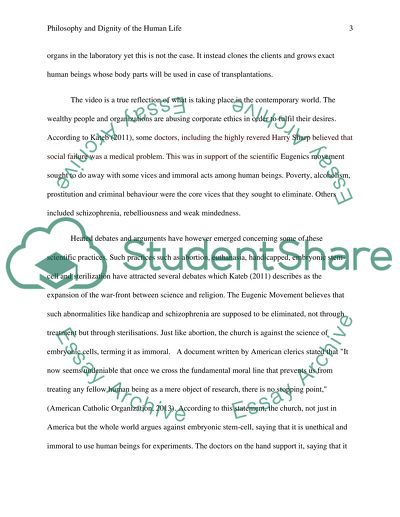Cite this document
(“Biomedical Ethics Essay Example | Topics and Well Written Essays - 1750 words”, n.d.)
Biomedical Ethics Essay Example | Topics and Well Written Essays - 1750 words. Retrieved from https://studentshare.org/philosophy/1617517-biomedical-ethics
Biomedical Ethics Essay Example | Topics and Well Written Essays - 1750 words. Retrieved from https://studentshare.org/philosophy/1617517-biomedical-ethics
(Biomedical Ethics Essay Example | Topics and Well Written Essays - 1750 Words)
Biomedical Ethics Essay Example | Topics and Well Written Essays - 1750 Words. https://studentshare.org/philosophy/1617517-biomedical-ethics.
Biomedical Ethics Essay Example | Topics and Well Written Essays - 1750 Words. https://studentshare.org/philosophy/1617517-biomedical-ethics.
“Biomedical Ethics Essay Example | Topics and Well Written Essays - 1750 Words”, n.d. https://studentshare.org/philosophy/1617517-biomedical-ethics.


